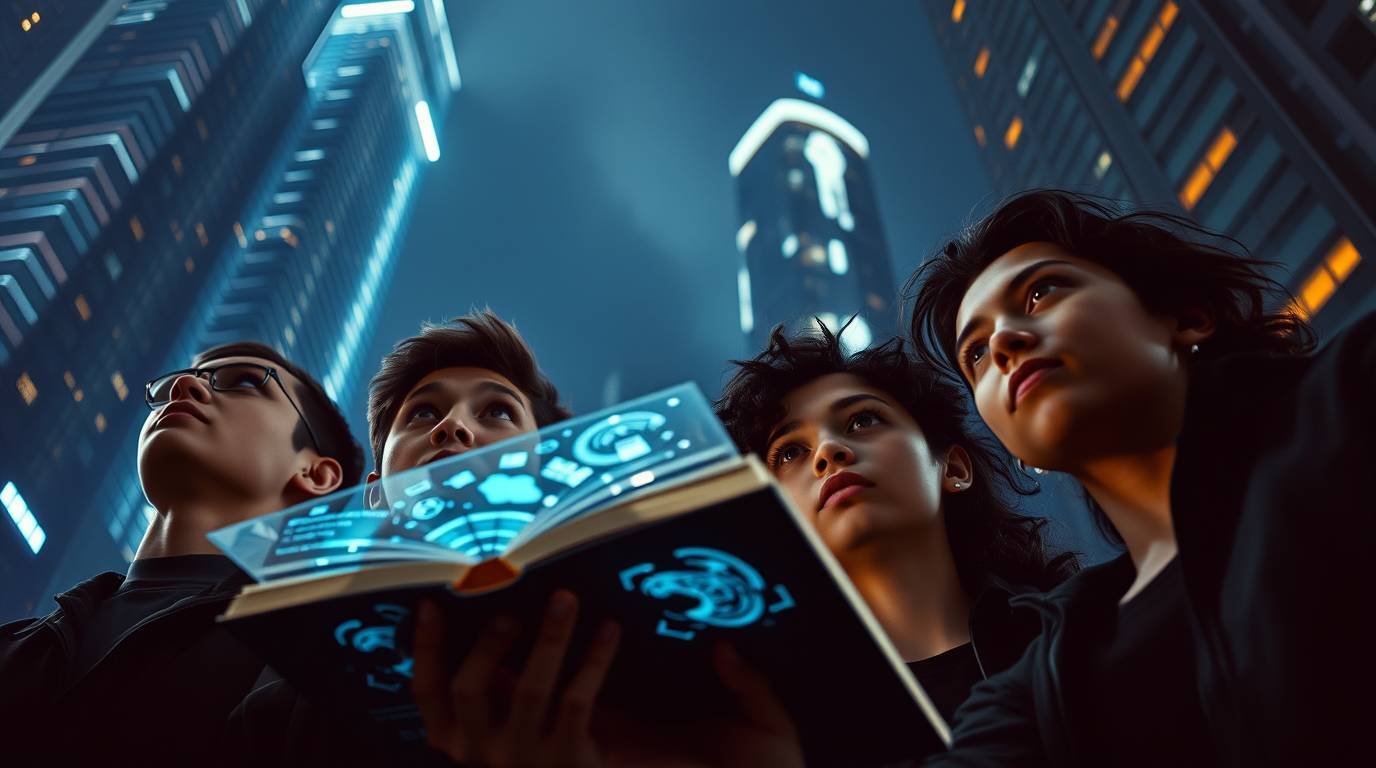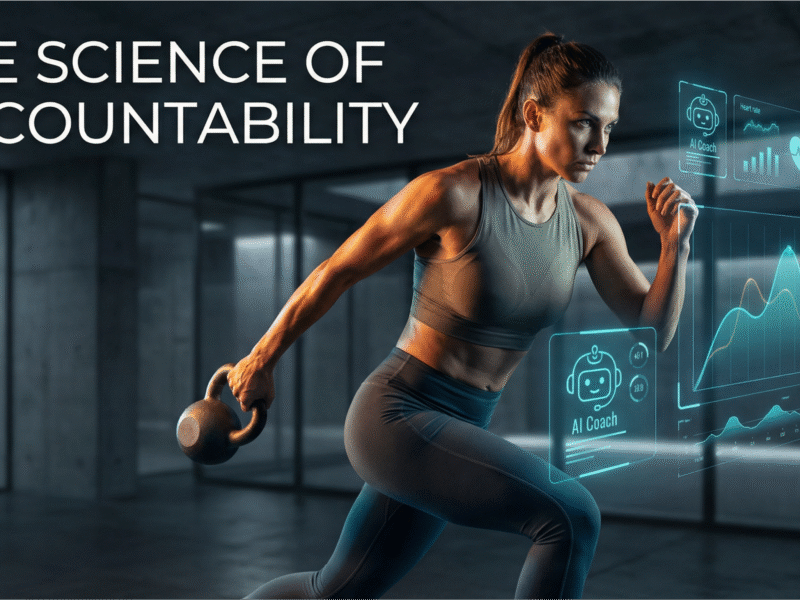Artificial intelligence is transforming education. We now have AI tutors that can explain quantum physics, apps that correct essays in seconds, and chatbots that answer nearly any question.
But for all its brilliance, AI lacks one crucial ingredient: humanity.
Real learning isn’t just about processing information. It’s about mentorship, trust, emotion, and connection. Here’s why—even in the age of AI—we still need human teachers, mentors, and friends.
1. AI Can Teach Facts. Humans Teach Meaning.
AI can help you memorize the causes of World War I. A great teacher will help you understand why it matters—and how it relates to power, nationalism, or your own values today.
🧠 Research Insight: Educational psychologist Robert Sternberg argues that “teaching for wisdom” requires moral reflection, empathy, and contextual judgment—skills AI cannot develop.¹
📘 Book Recommendation:
“The Courage to Teach” by Parker Palmer – A heartfelt look at how great teachers teach not just content, but the heart behind it.
2. Emotional Connection Boosts Learning
🧪 Research Insight: A 2021 study in Frontiers in Psychology found that positive student-teacher relationships significantly improve academic motivation and long-term memory.² Emotional support creates a safe environment for risk-taking and growth.
💬 A chatbot might tell you when you’re wrong—but it won’t encourage you to try again or celebrate your improvement.
For example, during the pandemic, students who kept regular contact with a teacher or mentor—via video or phone—reported less anxiety and higher engagement in learning than those who only used automated tools.³
3. Mentors Help Us Grow as People, Not Just Students
A good mentor doesn’t just help you get the right answer—they help you become the kind of person who asks better questions.
🔍 Whether it’s a coach pushing you to train harder or a workplace mentor teaching soft skills, these human influences shape your identity, work ethic, and confidence.
👨🏫 Famous Example:
Oprah Winfrey credits her 4th grade teacher, Mrs. Duncan, for believing in her voice when no one else did. “She made me feel like I mattered,” Oprah says. That feeling launched a lifelong passion for learning.
📘 Book Recommendation:
“Thanks for the Feedback” by Douglas Stone & Sheila Heen – Essential reading on how humans guide each other through growth and learning via communication and connection.
4. Friendships Drive Curiosity, Resilience, and Joy
👫 When students learn together, they challenge each other, build empathy, and spark new ideas. Whether it’s solving a puzzle, arguing about literature, or cramming for finals, collaborative learning often sticks deeper than solo study.
🧠 Research Insight: Harvard’s Project Zero has shown that “social learning”—learning with and from peers—builds creativity, confidence, and cognitive flexibility.⁴
Many teens report learning more through group projects, clubs, or even gaming communities than through lectures. One said: “Minecraft taught me more about cooperation and physics than any textbook.”
📘 Book Recommendation (for younger learners):
“The Power of Moments” by Chip Heath & Dan Heath – Explores how defining moments—often shaped by others—form our deepest learning experiences.
5. AI Has No Moral Compass—Humans Teach Ethics
AI can solve math problems but can’t model kindness. It can write essays but can’t show integrity. Human teachers and mentors help us grow ethically, not just intellectually.
🌍 In a time of rapid change, we need wisdom more than information. And wisdom lives in stories, relationships, and real-life mentors—not data.
🧠 Research Insight: A 2023 report from the OECD on “Education in the Age of AI” concluded that “moral education, civic responsibility, and emotional literacy must remain the domain of human-led learning.”⁵
📘 Book Recommendation:
“Educated” by Tara Westover – A powerful memoir about how personal relationships and human mentorship—both good and bad—shaped her unconventional education.
Final Thought
AI is a powerful tool—but it’s still just that: a tool.
It can support our learning, speed things up, and provide amazing insights. But it can’t replace the feeling of a teacher cheering you on, a mentor guiding your steps, or a friend who makes studying feel like fun instead of work.
In the end, we don’t just need answers—we need people. People who challenge us, believe in us, and walk with us as we grow.
References
- Sternberg, R. J. (2010). Teaching for Wisdom, Intelligence, Creativity, and Success. Corwin Press.
- Roorda, D. L., et al. (2021). The role of student–teacher relationships in predicting student academic engagement. Frontiers in Psychology.
- Education Week (2020). Pandemic Teaching and the Importance of Human Connection.
- Project Zero, Harvard Graduate School of Education. (2021). The Power of Making Thinking Visible.
- OECD (2023). Education and Artificial Intelligence: Preparing for the Future.
This article may contain affiliate links. If you purchase through these links, we may earn a commission at no additional cost to you. This helps support our work in providing valuable content. Thank you for your support!



